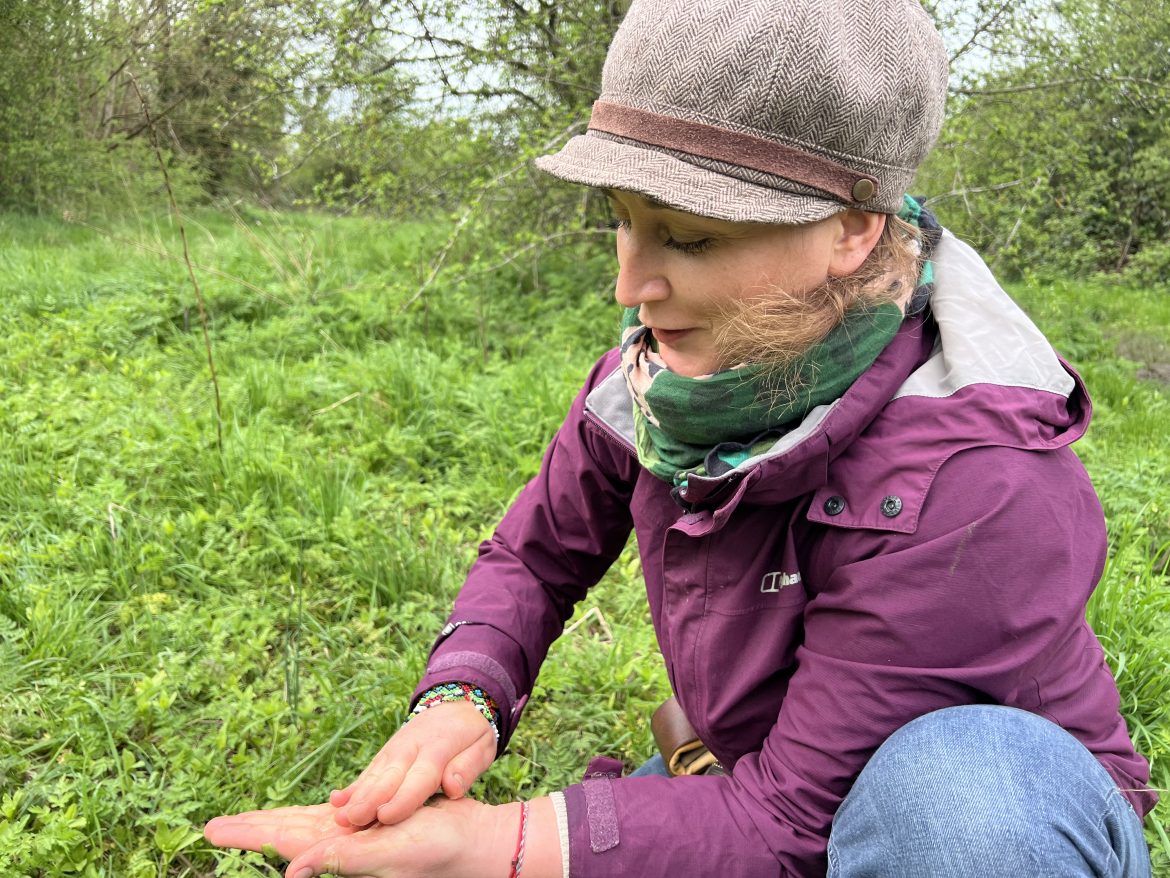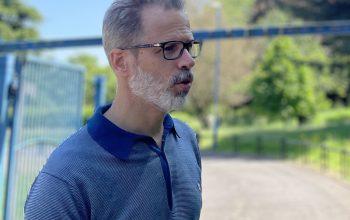Maria Sprostranova runs forest school leader training courses and nature connection workshops for all ages at Ham Lands, a leafy nature-reserve in Richmond.
She is a passionate advocate for forest school training, a concept originating from Scandinavia that promotes learning in the natural environment to develop confidence, self-esteem and life skills.
“The main passion is to connect everybody with nature,” said Sprostranova.
Having grown up in Bulgaria, Sprostranova has fond memories of “playing barefooted outside and being much more connected to the land”.
She believed the educational system in the UK was “failing” children.
“They really need more freedom to explore. In Bulgaria, where we start school at six-and-a-half, seven, we have all this freedom and it came into play with myself becoming a mother and wanting that for my boy,” she said.
When the United Nations adopted the Harmony with Nature resolution in 2009, Sprostranova was working in international business development.
The birth of her son prompted her to rethink her purpose in life.
She retrained as a teacher and did a two-week PGCE placement as a trainee teacher at Educare—a local school in Kingston—where a forest school workshop changed her life.
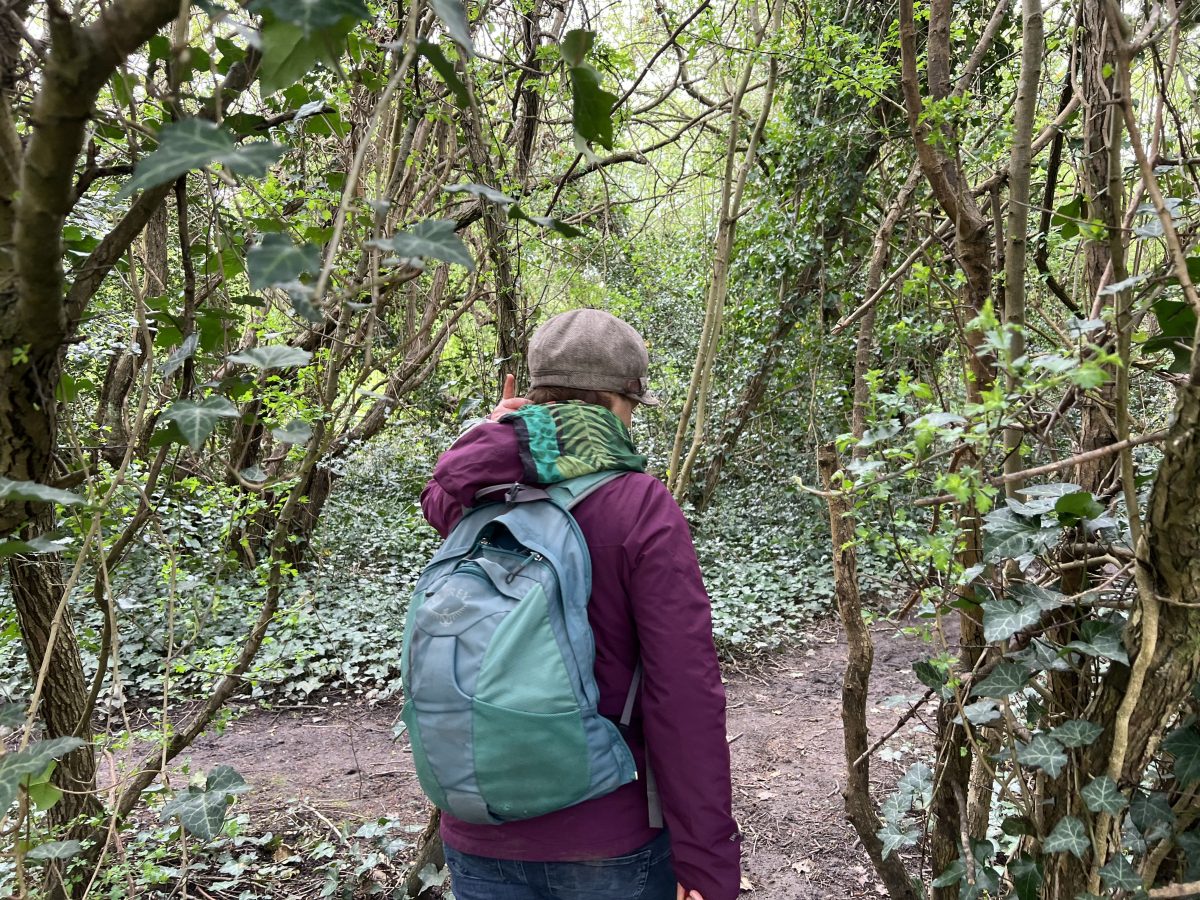
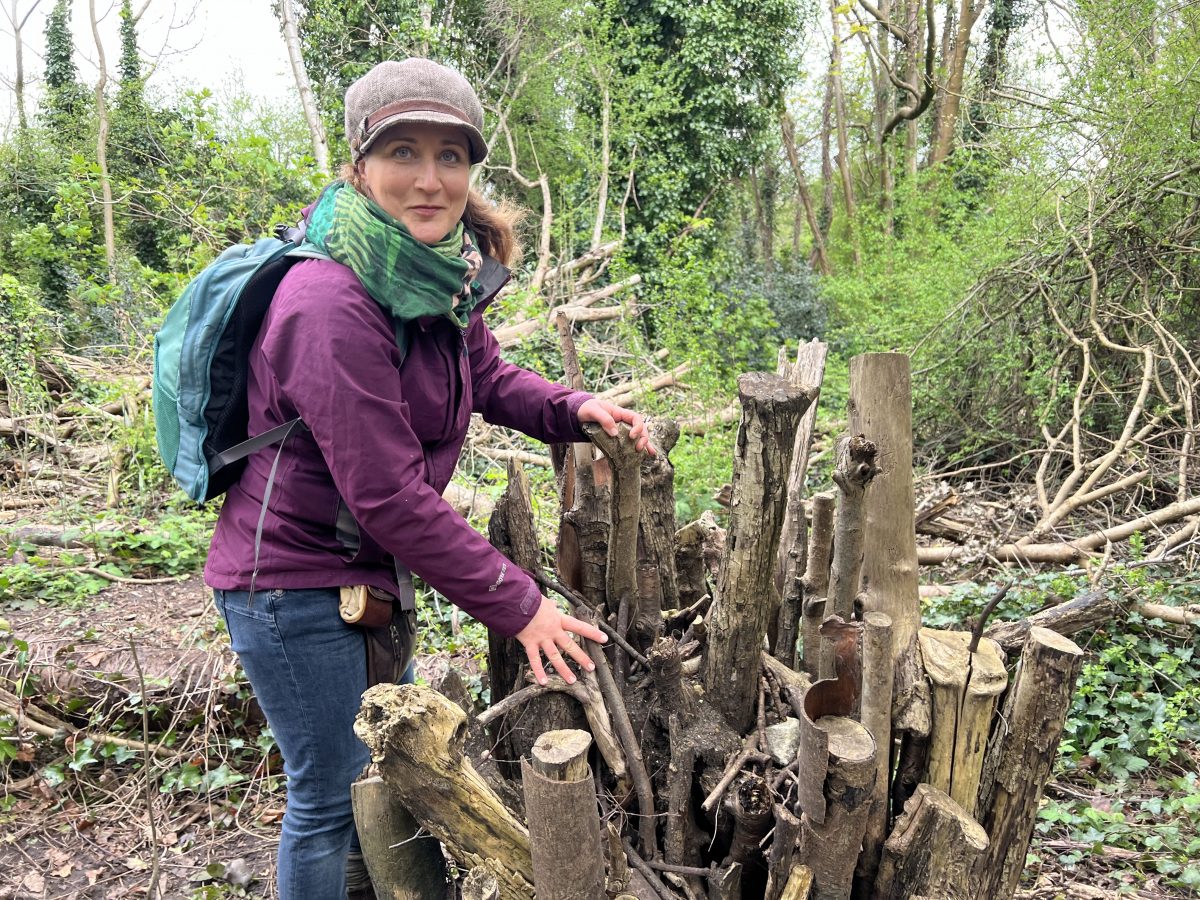
“I saw everybody shift in front of my eyes. Not just the children, but the teachers and the parent helpers and the assistants. When I saw what happened, it just took me back to my own childhood,” she said.
Sprostranova said that at the time most children going to forest schools were either from private schools, preschool or home educated. It was not something that was in the mainstream.
“So, I took it upon myself to set up the training and start getting it in schools,” she said. In the following years, she dedicated her time to introducing the concept of forest school training in local schools around Kingston and Richmond.
“Because I was a trained teacher, I did supply-teaching once a week. I would go in to cover and then I’d be a total rebel, guerrilla teacher and take the learning outside. With time, I started becoming known as the forest lady,” she said.
On many occasions, she would be having lunch with different head teachers, and they would ask her, “could you introduce it to our school”?
Around that time, Sprostranova became a council member and advisor at The Wild Network, an organisation that was working on a documentary called Project Wild Things that shed light on how children in the UK would have a shorter life expectancy than their parents. It was released at a time of a rise in obesity, depression, and attention deficit hyperactivity disorder (ADHD) in the UK.
The award-winning documentary came out in 2013 and became a significant part of Sprostranova’s toolbox wherever she went.
“I made it a big point to get schools to screen it because it doesn’t say go spend money. It says it’s nature. Get outside, it’s free.”
Though it came out in 2013, Sprostranova says the documentary is still relevant today.
Health Survey for England’s 2021 data showed that almost three quarters of people aged 45-74 in England are overweight or obese with obesity on the rise among year 6 children.
In a 2021 report, Ofcom found that by the age of eight a child typically spends two hours and 45 minutes online per day. It rises to over four hours by age 11-12, while a child is still in primary school.
Excessive screen exposure has been linked to the development of ADHD in children according to a report on the National Institutes of Health website.
Given the fast-moving nature of the times, Sprostranova says that there is a gap in the system.
“How many hours a day are children actually getting outside?
“The big problem is that parents think the schools are doing it, the schools think that parents are doing it and what I noticed as a parent is [it does not happen] unless you are doing it yourself,” she said.
She said that it is particularly important for today’s children to get out and play with the soil and the earth.
“I will take groups out who wouldn’t know how to manoeuvre around logs and holes and fall flat on their faces,” she said.
But as they start spending more time in the wild and engage in a myriad of activities, “the empathy is born”.
“Like Sir David Attenborough said, ‘No one will protect what they don’t care about; and no one will care about what they have never experienced’,” she said.
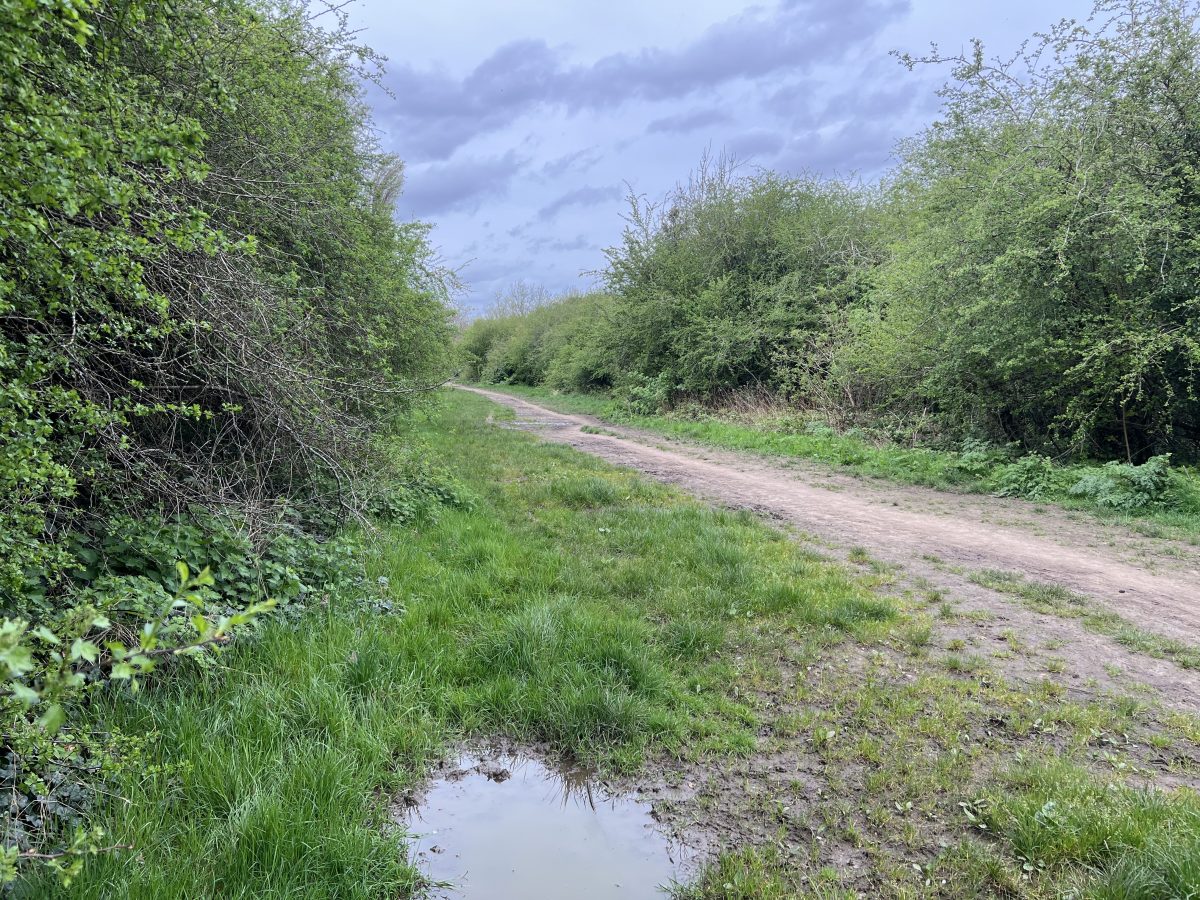
Sprostranova’s workshops offer something for everybody including connecting to nature via ancient skills, bushcraft, fire craft, literacy and wordsmithing, bird language and tracking, medicinal herbs, forest bathing, storytelling, and a wide array of ‘doorways’ into the field.
“What I find is with forest school training, it’s the first step. And then people want to go deeper, from storytelling and conservation to bird language or medicinal herbs.
“But then I also have friends who simply want to go out for a day to be with kindred spirits, to reconnect to the land with a small group of people,” she said.
For the past four years, Sprostranova has been reaching out to a wider audience via her GreenWise People Training Centre and introducing more bespoke nature connection workshops.
Through her centre, she is also working with the business community to develop a conscious relationship with the land.
“Our future leaders, the movers and shakers of the world must be well in themselves, be balanced and connected to the land, to each other and themselves. This is paramount for their successful growth and the preservation of our world,” she said.
Passionate about interviewing people to feature their stories and ideas. Currently Features Editor at Kingston Courier.

